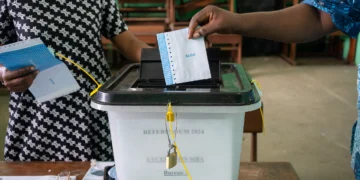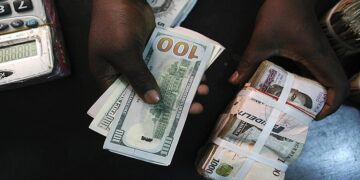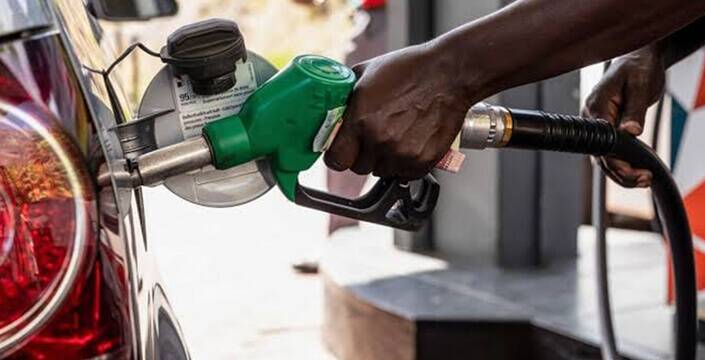By Ebi Kesiena
Egypt has announced its first fuel price increase of 2025, raising prices by up to 15% across various fuel products as part of its ongoing efforts to scale back subsidies and fulfil commitments under a multi-billion-dollar loan agreement with the International Monetary Fund (IMF).
State media confirmed on Friday that the hikes range from 11.76% to 14.81%, following the IMF’s recent approval of a $1.2 billion disbursement to Egypt. This is part of an $8 billion support package tied to a broader economic reform programme aimed at stabilising the country’s struggling economy.
Among the key changes, diesel prices were raised by 2 Egyptian pounds to 15.50 pounds ($0.0390) per litre, while petrol prices also saw significant increases: 80 octane rose to 15.75 pounds, 92 octane to 17.25 pounds, and 95 octane to 19 pounds.
In addition, the cost of butane gas cylinders surged from 150 to 200 pounds, a change likely to impact many households that rely on the product for cooking.
The move comes as Egypt aims to achieve cost recovery on energy products by December 2025, in line with IMF requirements. Since securing a $12 billion IMF loan in 2016, the country has been steadily rolling back subsidies on fuel, electricity, and food, while attempting to enhance social safety nets to support low-income citizens.
Prime Minister Mostafa Madbouly has assured that while the government plans to eliminate petroleum subsidies as a budgetary burden by the end of the year, it will continue to provide partial subsidies for diesel fuel to cushion the impact on vulnerable sectors.
Despite multiple fuel price hikes in 2024, ranging between 11% and 17%, the government was still spending roughly 10 billion Egyptian pounds (about $198 million) monthly on fuel subsidies, according to Petroleum Minister Karim Badawi.
Adding pressure to the economy is a steep drop in Suez Canal revenues, a key source of foreign currency. The downturn is attributed to Houthi attacks in the Red Sea, which have disrupted shipping in solidarity with Palestinians amid the ongoing conflict in Gaza. Compounding the issue is declining domestic natural gas output, which has further strained Egypt’s dollar reserves.


































